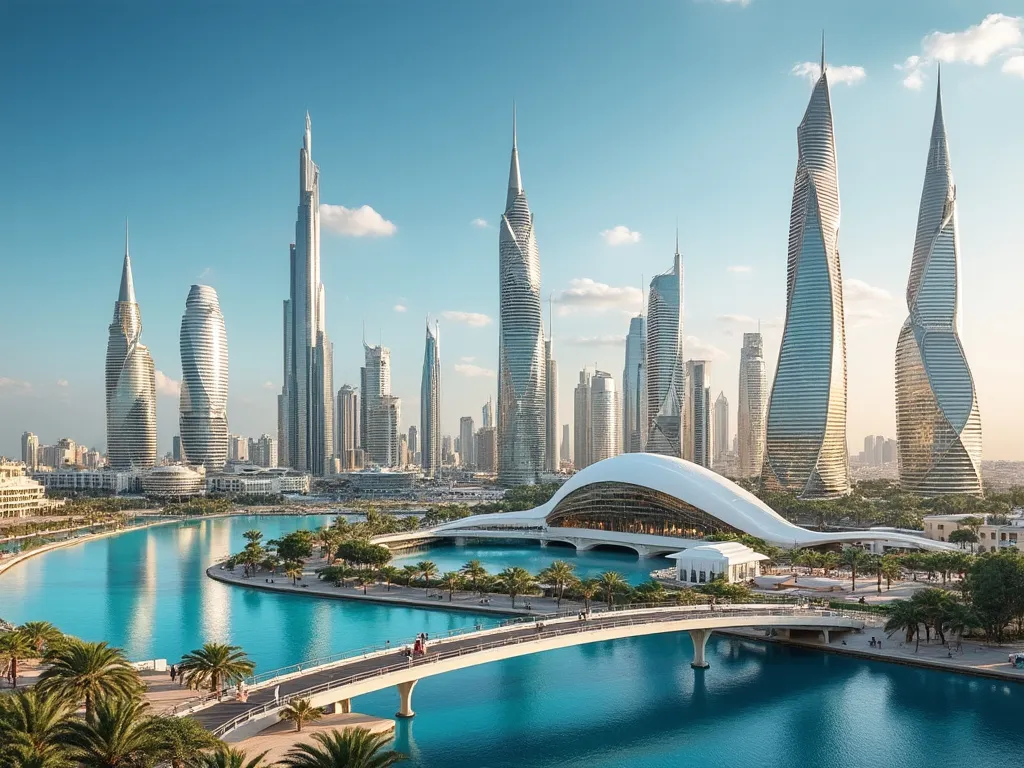
Kuwait City, the capital and largest city of Kuwait, is a bustling metropolis that seamlessly blends traditional Arabian culture with modern amenities. Strategically located on the coast of the Persian Gulf, Kuwait City has been an important trading center for centuries, attracting merchants and traders from all over the world.
Kuwait City Information
| Country | 🇰🇼 Kuwait |
| City Population | 2.4 million (urban area) |
| City Coordinates | 29.3759° N, 47.9774° E |
| City Area | 860 km² (332 sq mi) |
| Climate | Hot desert climate (Köppen climate classification BWh) |
| Language | Arabic (official), English widely spoken |
| Currency | Kuwaiti dinar (KWD) |
| Time zone | UTC+3 (AST) |
| Proximity to other major cities | Bahrain (340 km/211 mi), Riyadh, Saudi Arabia (470 km/292 mi), Baghdad, Iraq (560 km/348 mi) |
Historical Background of Kuwait City
Kuwait City has a rich and storied history that dates back to the 16th century. Founded by the Al-Sabah family, the city quickly grew into a thriving trading center, with merchants coming from all over the Middle East to buy and sell goods such as pearls, spices, and textiles. In the late 19th century, Kuwait City became a British protectorate, which helped to establish the city as a major commercial center in the region.
Geographical Location of Kuwait City
Kuwait City is situated on the coast of the Persian Gulf, approximately 100 km (62 mi) south of the Iraqi border. The city is built on a low-lying coastal plain, with the Arabian Gulf to the east and the Kuwait Bay to the north. The city's strategic location has made it an important center for trade and commerce in the region.
Cultural Significance of Kuwait City
Kuwait City is a city that proudly preserves its rich cultural heritage. The city is home to many museums, including the Kuwait National Museum, which showcases the country's history and culture. The city is also known for its traditional souks (markets), where visitors can find everything from gold jewelry to spices and perfumes.
Economic Importance of Kuwait City
Kuwait City is the economic hub of Kuwait, with a strong focus on oil and gas production. The city is home to many major oil companies, including the Kuwait Oil Company, which is one of the largest oil producers in the world. The city is also a major center for finance and trade, with many international banks and companies having operations there.
Interesting Facts About Kuwait City
- Kuwait City is home to the world's largest water tower, the Kuwait Water Towers.
- The city has a unique architectural style, with many buildings featuring a mix of traditional Arabian and modern designs.
- Kuwait City is known for its vibrant nightlife, with many restaurants, bars, and clubs to choose from.
Tourist Attractions in Kuwait City
- The Kuwait Towers: a iconic landmark and symbol of the city.
- The Grand Mosque: one of the largest mosques in the world.
- The Kuwait National Museum: a museum showcasing the country's history and culture.
- The Souk Al-Mubarakia: a traditional market selling everything from gold jewelry to spices and perfumes.
Conclusion on Kuwait City
In conclusion, Kuwait City is a city that offers something for everyone. From its rich cultural heritage to its modern amenities, the city is a must-visit destination for anyone interested in exploring the Middle East.
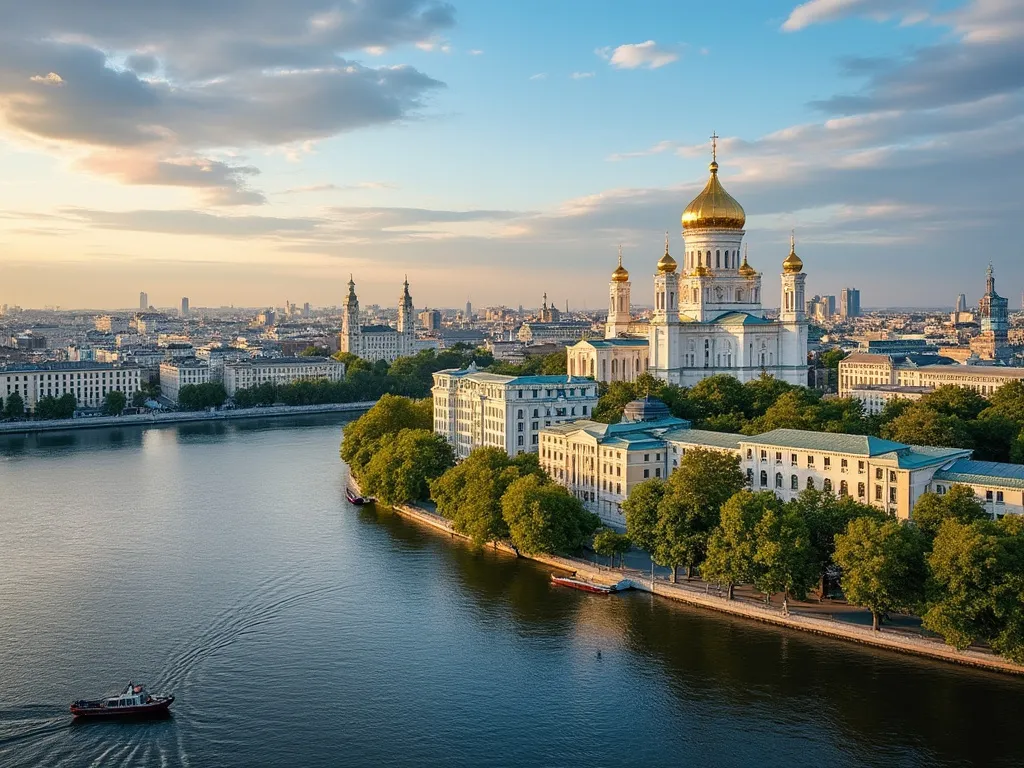 Kyiv
Kyiv
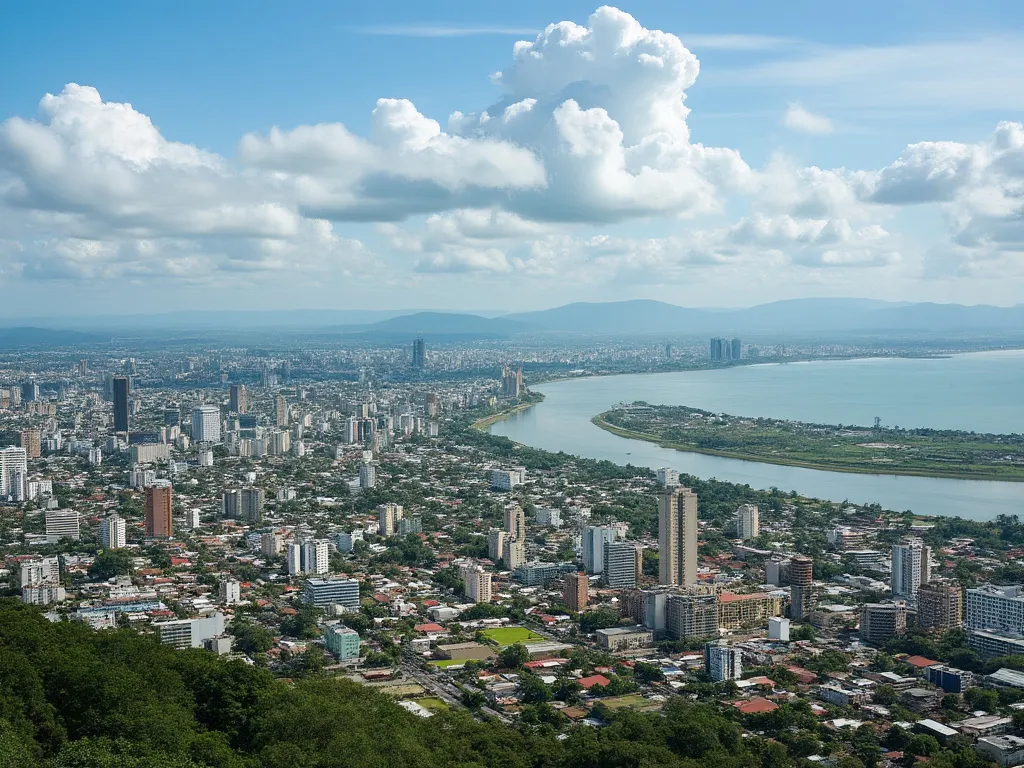 Libreville
Libreville
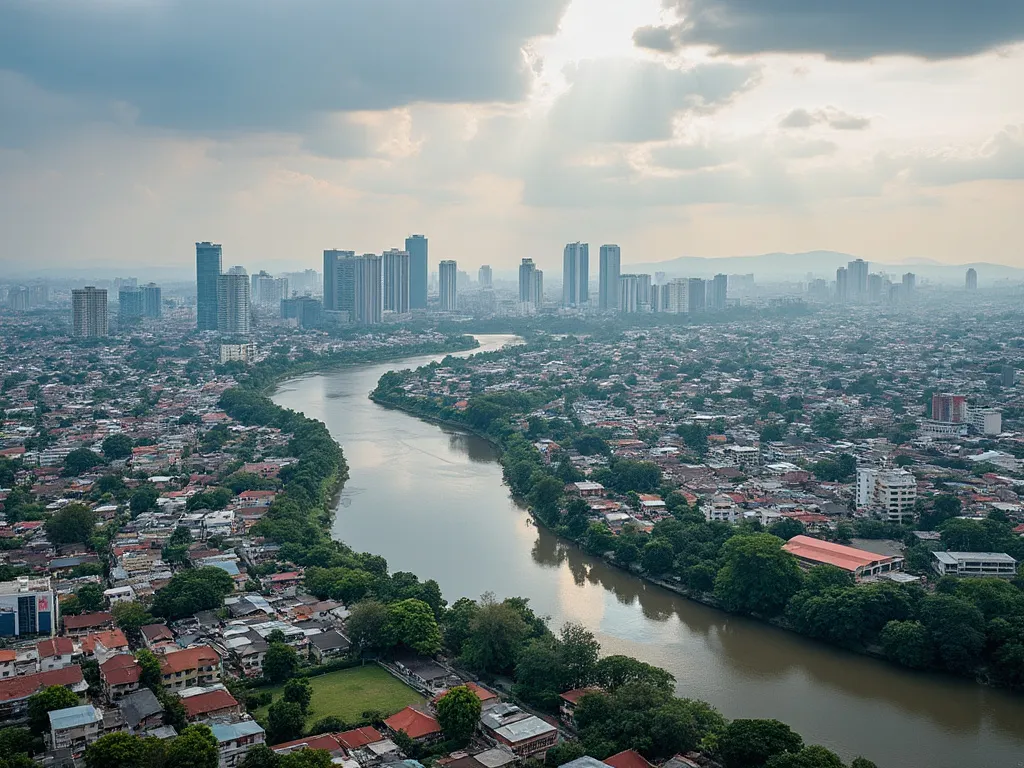 Kinshasa
Kinshasa
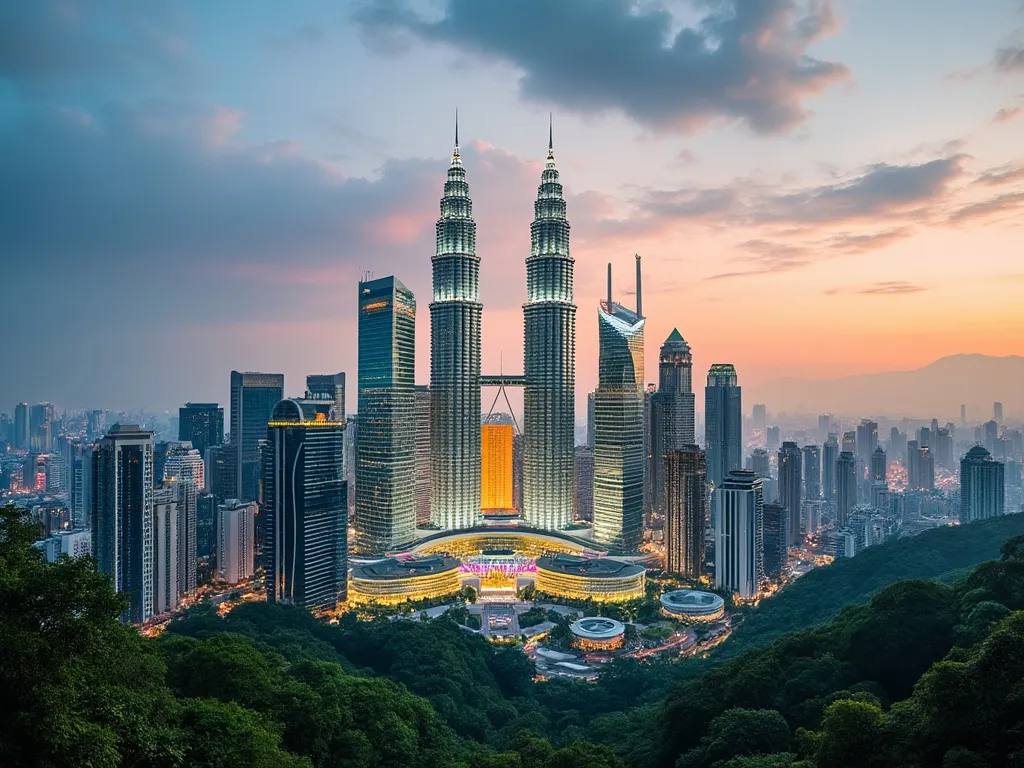 Kuala Lumpur
Kuala Lumpur